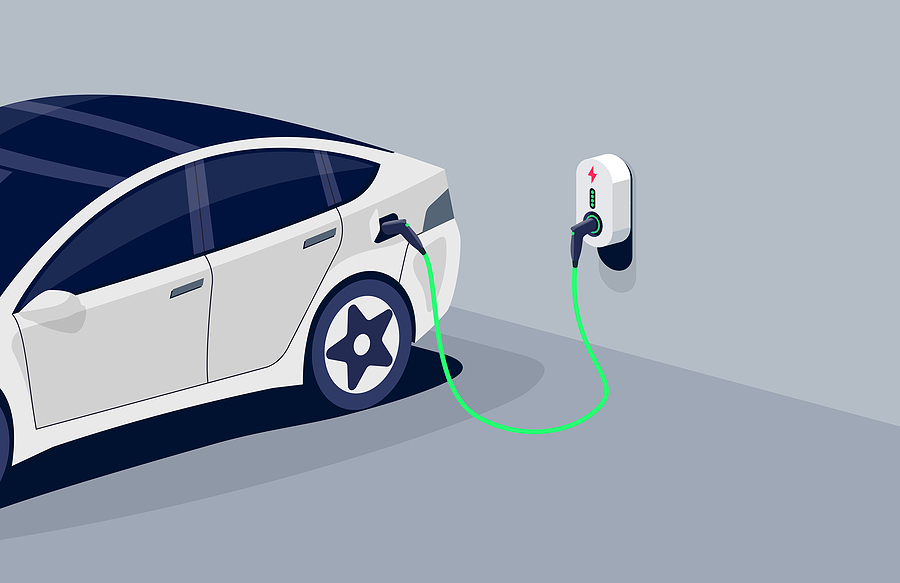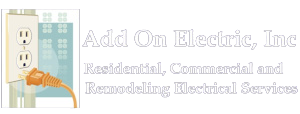Reasons Why Installing an Phoenix Home EV Charger is a Smart Investment

An electric car charger for your house might be worthwhile, but is it worth it? Whether you want to stay or sell, the return on your investment is rather good.
Let’s have a look at the two possibilities.
Long-Term Savings with Home EV Chargers
Electric vehicle sales are on the rise, and with major automobile manufacturers pledging to increase their EV options, likely, you’ll soon be able to get your hands on one.
Using an electric vehicle might save you money in several ways.
An electric vehicle may save up to $16,000 over a decade in fuel and maintenance expenditures, according to several electrical utilities nationwide. Equipment and installation costs are amortized as part of this process. It might be a conservative estimate with fuel prices growing at a higher rate than electricity.
Having an EV charger in your home increases its value.
Buyers who drive electric vehicles are rising in number, and a home EV charger makes your home more appealing to them. In today’s hectic real estate market, you may need that extra motivation to achieve the highest possible price for your house if it saves them the trouble and expense of installing a charger when they move in.
Why Use a Charging Station in Your Own Home?
As a driver of an electric vehicle or a plug-in hybrid, you must regularly adjust to a “new normal” regularly. This is because electric automobiles, like your smartphone and laptop, run on batteries that must be periodically recharged. You can plug your car in overnight to charge, or stop at a commercial charging station, pay a fee, and wait in line longer than it takes to fill a gas tank. At home, you not only save the headache of finding a nearby charging station but also pay reduced off-peak power rates for the electricity.
What Is the Price of a Home EV Charging System?
As a DIY enthusiast, you may find it tempting to buy a cheap Level 1 plug-in charger or another device, but the wise and safest choice is to invest in a properly installed Level 2 240-volt, high amperage charger. You need a competent electrician who can analyse your electrical service and its capacity to supply the power you need to get the job done correctly before installing them.
Depending on the features, sound quality Level 2 charging equipment costs between $400 and $700. Variations in the power supply to the station are possible.
Denver and several other cities have mandated that all new residential development have Level 2 electric vehicle (EV) charging stations as of 2016. To accommodate future EV charging stations, household garages and carports must have enough electrical conduit to support 240-volt, 40-amp wire.
However, if an EV charging option is not already in place, further work must be done.
A separate GFCI-protected circuit is needed to run conduit and wiring to an outlet, generally in a garage, when installing EV charging stations in existing structures. Especially in older houses, panel modifications and additional electrical service may be necessary. A new connection from your service door may also be required if your garage or carport is not attached. Adding a 240-volt line and an EV outlet requires a permit and expert installation, even if your builder has already run the conduit.
Electric vehicle charging at home is a worthwhile investment.
For many homeowners, installing an EV charging station in their house makes financial sense. To save the bother and expense of commercial charging stations, they may set their vehicle(s) at home. Because they’ll be using the EV overnight, they may save money by purchasing power at lower off-peak rates rather than paying the higher daytime rates (without markups for overhead and profits).
It increases its worth when it’s time to put your house on the market.
Add On Electric has built hundreds of EV charging stations in residences. We have been helping people of Phoenix improve their homes and businesses with quality electrical work while enhancing their quality of life.
